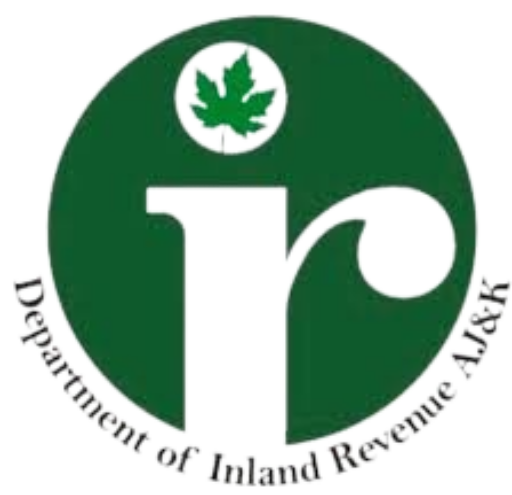Income Tax Appeals
Any person dissatisfied with any order passed by a Commissioner/Officer Inland Revenue has the right of appeal.
In case of an Individual, the Individual himself; in case of an Association of Person (AOP), any partner or member of the association; and in case of a Company the principal officer.
In

